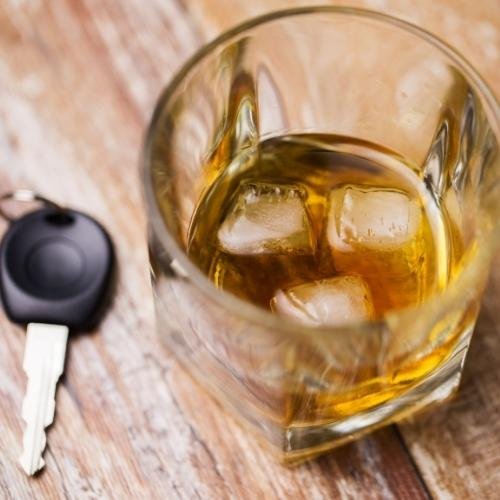Riding a motorcycle in the Sunshine State can be exhilarating, but it’s crucial to understand the laws and potential risks involved. Whether you’re a seasoned rider or new to the world of motorcycles, here are seven essential things you should know about Florida motorcycle laws and how they apply to personal injury cases.
1. Motorcycle Endorsement Requirements
To legally operate a motorcycle in Florida, you must have a motorcycle endorsement on your driver’s license. This applies to any two or three-wheeled motorcycle with an engine size of 50cc or larger. To obtain this endorsement, riders must complete and pass the Basic RiderCourse (BRC) or Basic RiderCourse updated (BRCu) through an authorized sponsor. This requirement ensures that all motorcyclists have a basic understanding of safe riding practices while on Florida roadways.
2. Helmet Laws and Insurance Requirements
Florida’s helmet laws are somewhat unique. Riders under 21 years of age must wear an approved helmet when operating a motorcycle. However, if you’re 21 or older, wearing a helmet is optional. But there’s a catch – if you choose not to wear a helmet, you must carry insurance with at least $10,000 in medical benefits coverage. This coverage is crucial in case of an accident, as it helps pay for medical care resulting from crash-related injuries.
3. Mandatory Eye Protection
While adult riders can opt out of wearing helmets, eye protection is mandatory for all motorcycle operators in Florida. This law applies regardless of age or experience level. Proper eye protection, such as goggles or a face shield, is essential for maintaining clear vision while riding and protecting your eyes from debris.
4. Lane Splitting and Riding Abreast
Florida law prohibits the practice of lane splitting, which involves passing between two occupied lanes of traffic. Additionally, no more than two motorcycles are allowed to ride abreast in a single lane. These laws are in place to ensure the safety of both motorcyclists and other road users.
5. Equipment and Visibility Requirements
Florida law mandates several equipment requirements for motorcycles:
- Motorcycles must be equipped with mirrors that allow the rider to see at least 200 feet behind them.
- Headlights must be on at all times while the motorcycle is in operation.
- If carrying a passenger, the motorcycle must have a designated passenger seat and footrests.
These requirements are designed to enhance visibility and safety for both riders and other motorists on the road.
6. Personal Injury Lawsuits and Statute of Limitations
In the unfortunate event of a motorcycle accident resulting in injury, it’s important to be aware of your rights regarding personal injury lawsuits. Florida has a statute of limitations for personal injury cases, which sets a time limit for filing a lawsuit after an accident. Understanding these time constraints is crucial if you need to seek compensation for injuries sustained in a motorcycle accident.
If you find yourself in this situation, consulting with a personal injury lawyer in Florida is highly recommended. An experienced attorney can help navigate the complexities of your case, ensure you meet all legal deadlines, and work to maximize your potential compensation.
Additionally, our attorneys are well versed in reviewing insurance coverage and policies to ensure you are afforded all of the coverage which may be applicable to your case and injuries.
7. Age Restrictions and Engine Size
Florida law imposes certain age restrictions on motorcycle operation. No one under 16 years of age may legally operate or be licensed to operate any two or three-wheel motor vehicle on Florida roads, streets, or highways. Furthermore, individuals under 16 are prohibited from operating motorcycles with engines larger than 150cc displacement.
In conclusion, understanding and adhering to Florida’s motorcycle laws is essential for both your safety and legal protection. If you’re involved in a motorcycle accident, remember that time is of the essence when it comes to personal injury lawsuits. Don’t hesitate to seek the advice of a qualified personal injury lawyer in Florida to protect your rights and explore your options for compensation.
By staying informed about these laws and taking appropriate safety measures, you can enjoy the freedom of riding while minimizing risks. Remember, safety should always be your top priority when hitting the open road on your motorcycle in the beautiful state of Florida.
If you’re looking for a trusted Florida personal injury law firm with a proven track record, Woolsey Morcom is here to help. Their client-focused approach ensures that you’ll receive the personalized service and attention you deserve throughout your case. To get started, simply fill out this form for a free consultation. Let the team at Woolsey Morcom assess your claim and help you pursue the maximum compensation for your injuries.



